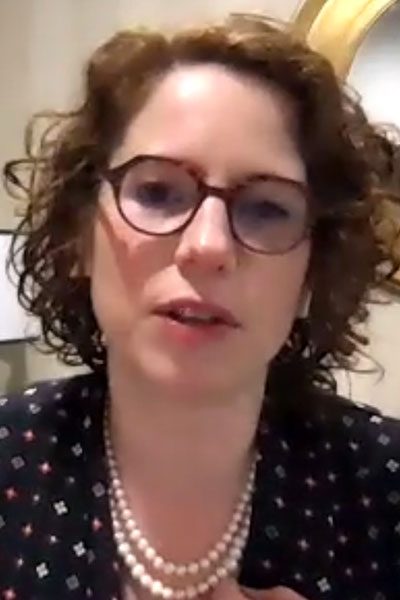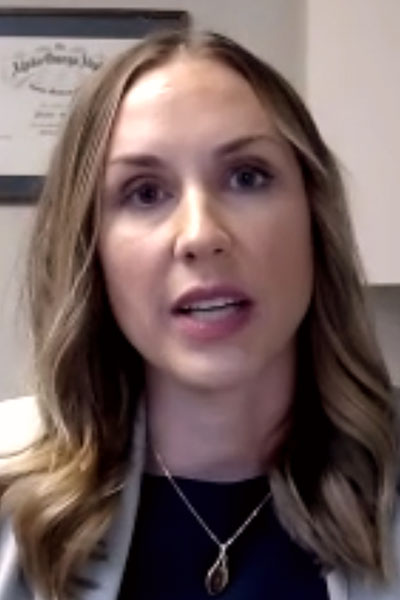
As more and more patients with rheumatic diseases turn to the digital world for information and support, rheumatologists and their care teams need to know how to guide their patients toward reputable information and away from potentially harmful outcomes.
During Help Patients Navigate Online Support & Social Media, Rebecca Grainger, PhD, FRACP, MBChB, associate professor, University of Otago, New Zealand, and rheumatologist with Hutt Hospital, explored the different online and app-based aids for those with rheumatic diseases. Jilaine Berquist, MD, clinical assistant professor, University of Illinois College of Medicine at Rockford, and rheumatologist with SSM Dean Medical Group, discussed how to talk with patients about the massive amount of content available on social media and steer them toward high-quality information. ACR Convergence 2020 registered attendees will also have on-demand online video access to watch a replay through Wednesday, March 11.
Using the available published data and guidelines, Dr. Grainger described ways rheumatologists can help their patients identify the websites and apps that could offer positive results, focusing on sites and apps providing information and help with disease self-management.

Given the relatively new and ever-changing nature of digital aides for those with rheumatologic disease, peer-reviewed literature is still in an emerging stage, Dr. Grainger said. Methods for review continue to develop, and reviewing is difficult as the sites and apps themselves are of varying quality and stability around variability can be unstable.
Dr. Grainger noted that in a survey, people with rheumatic diseases said that they wanted apps that included tracking with graphs, prompts for medications, reminders for blood tests and clinic visits, and lab test records. In addition, they needed to be easy to use with links to websites, visual displays, and reminders for self-management.
When visiting an online health site or app for the first time, Dr. Grainger recommends asking “the five W questions” that come from the National Center for Complementary and Integrative Health:
- Who runs or created the site or app? Can you trust them?
- What is the site or app promising or offering? Do its claims seem too good to be true?
- When was its information written or reviewed? Is it up to date?
- Where does the information come from? Is it based on scientific research?
- Why does the site or app exist? Is it selling something?
“And I would also challenge you to, perhaps, find a few health apps and appraise quality of them for common requests—meditation, exercise, eating—or for common rheumatic disease issues—tracking, information, or exercise,” Dr. Grainger said.
Dr. Berquist presented a review of the different types of social media support available to patients. Users of online support groups find them helpful and informative, but a lack of data regarding outcomes prevents more robust efficacy evaluations. She also noted that online support groups have led to the development of patient-powered research networks to help researchers and drive research agendas.
More people have turned to YouTube for health information, but there’s a high likelihood that patients will find misleading information. Dr. Berquist cited research showing little difference between accurate and misleading videos when it comes to viewership. A survey of 102 videos on RA found that 30% of the videos could be classified as misleading, and that the most reliable information comes from the government, professional organizations, and universities.
Dr. Berquist directs patients to specific videos. She has those links saved as dot phrases in her EMR and will copy and paste the relevant links into the after-visit summary for patients to access. Most of them come from university, but Dr. Berquist has also vetted some in different languages.
“I don’t instruct patients to go to YouTube for information about their disease. What I think it’s best-used for is watching somebody do something so you can learn a skill,” Dr. Berquist said. “So, for our patients that would be administering self-injectable medications.”
